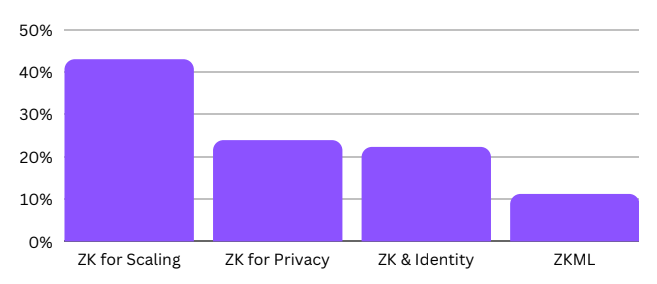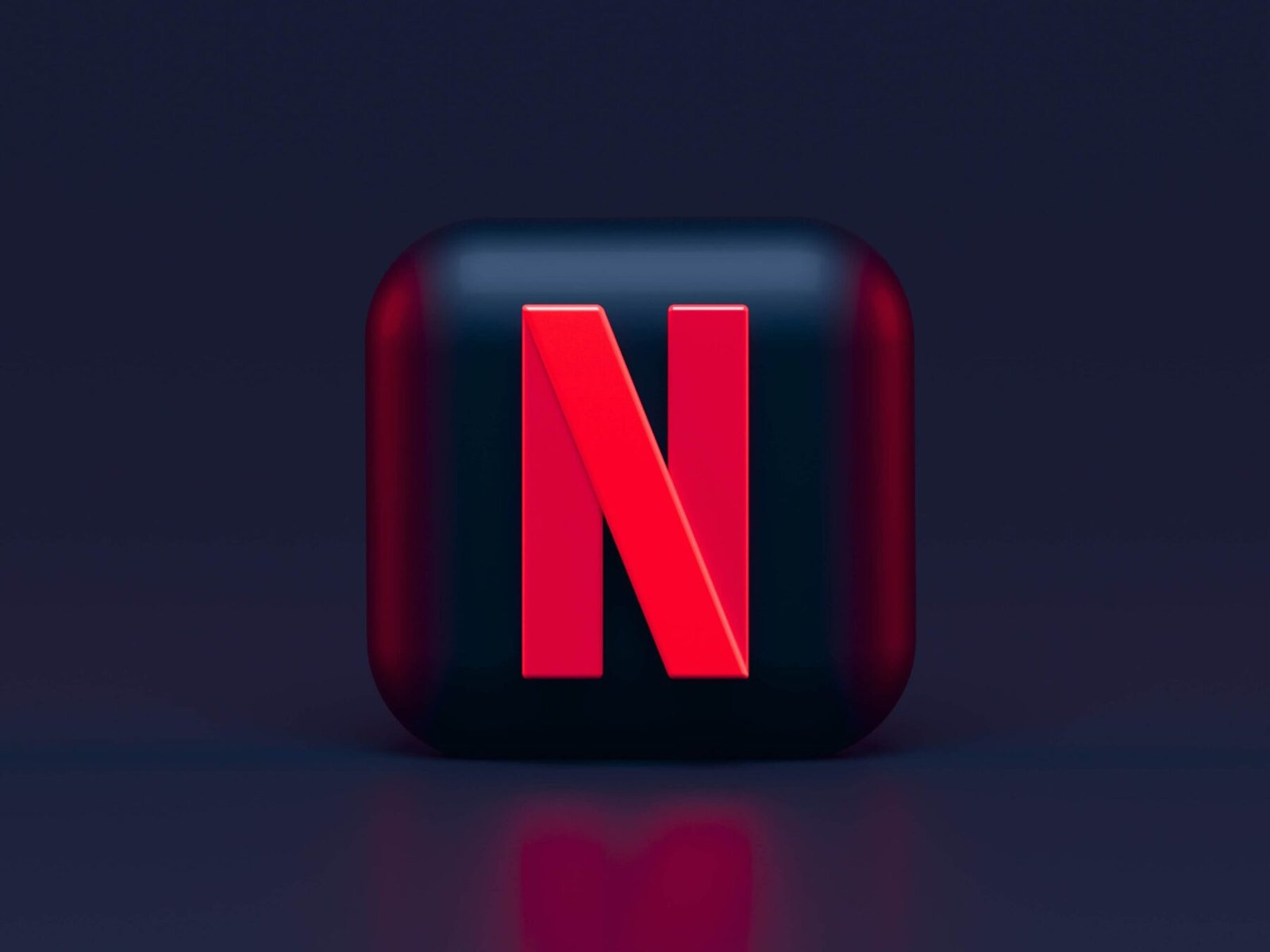Would You like a feature Interview?
All Interviews are 100% FREE of Charge
Ethereum (ETH) Scaling Protocol Dominates Use of Zero Knowledge (ZK) Rollup, Sector Report Published by ZK Validator Shows Key Takeaways for Massive Launches, New Research and Healthy Competition I’m here.
The node infrastructure operator’s “State of ZK Q2” report reflects key events across the ZK ecosystem, with notable announcements for ZK-powered Layer 2 to scale in comparison to other market segments. It emphasizes the use of technology.
ZK proofing uses cryptography to allow one party to prove to another party that certain information is correct without exposing the data. They provide trust and privacy solutions in the digital environment and are crucial in extending layer 1 blockchain protocols.
A survey of nearly 18,000 followers of the Zero Knowledge podcast provided a sample community gauge on the most important applications of ZK proofing. 42% of respondents chose her ZK for Scaling as the segment with the highest growth potential over the next 12 months.

Zero-knowledge machine learning was the least-selected segment, followed by ZK for privacy and identity at 23.8% and 22.2$% respectively.
The poll reflects the real-world application of zero-knowledge proofs, with a number of major Ethereum scaling protocols coming to mainnet in the first half of 2023.
This includes the announcement of Polygon, an upcoming ‘2.0’ multi-chain system that uses zk-proof to transfer assets between networks, and zkSync, which allows developers to build zk rollups and their own layer 3 ‘hyperchains’. Includes Era’s ZK stack.
Consensys also began onboarding partners to its mainnet Linea network on July 11th. Linea is another prominent Layer 2 that allows developers to build or migrate his decentralized applications for Ethereum.
Related: Are ZK Proofs the Solution to Bitcoin’s Ordinal and BRC-20 Problems?
The sector is also attracting investment across a number of segments, including the new zk-based Layer 2 and zkEVM (Ethereum Virtual Machine) and zk-proof for off-chain computing.
Ethereum scaling company Starkware, which helped pioneer zk technology, and Ethereum co-founder Vitalik Buterin invested in Kakarot, a zkEVM running on Starkware’s technology aimed at building Layer 3 applications.
The report also highlights that Worldcoin has raised $115 million to continue developing zk-powered digital identity applications and ecosystems. The Swiss non-profit Anoma Foundation is also featured in the report after recently raising $25 million to continue building a third-generation blockchain architecture for decentralized applications.
Collect this article as NFT To preserve this moment in history and show your support for independent journalism in the cryptocurrency space.
magazine: Here’s How Ethereum’s ZK Rollup Will Be Interoperable
Want to benefit from our PR Services?
PR Services for business professionals to make an impact
































